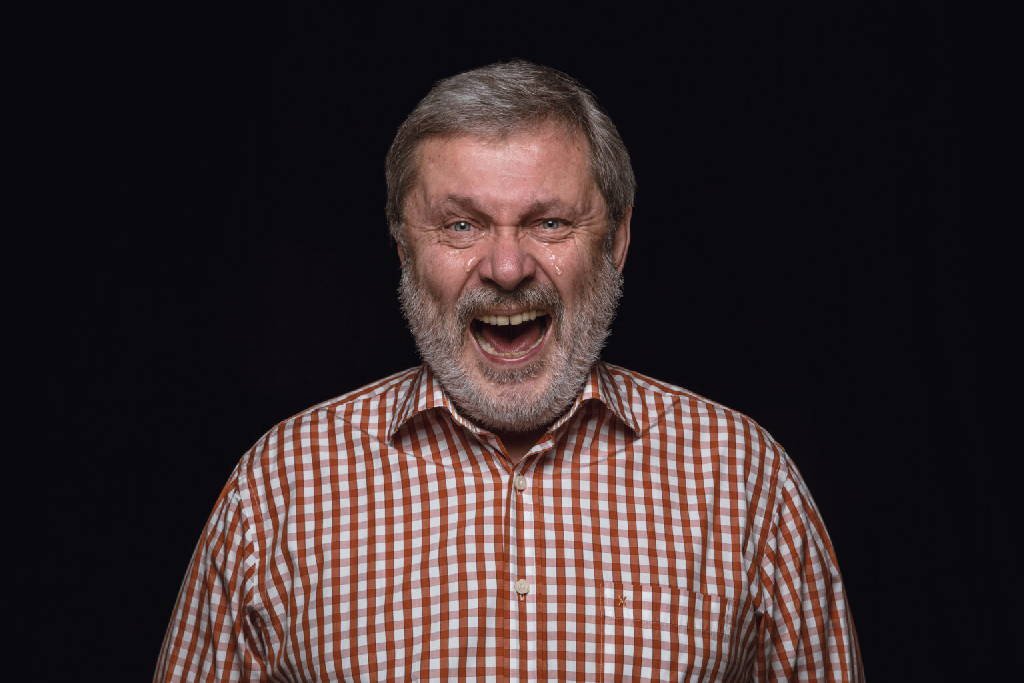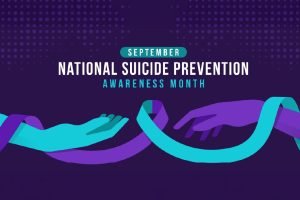Dr. Jamie, a trauma-certified therapist and our advisor, wholeheartedly believes that caregiving has been too reliant on co-dependency, leading to an abundance of compassion fatigue. Many of us care for our dependents — adults, seniors, and children — because we genuinely love them.
Unfortunately, not all childhood experiences are idyllic. Many of us are products of our dysfunctional families. No matter how hard we have worked to separate ourselves from the effects of a traumatic past, time dissipates, and we become that wounded child once again.
Taking care of parents while taking care of yourself.
Caring for elderly parents (and dependents) can be emotionally challenging. When parents failed to care for their children early in life, that challenge can feel impossible.
Too many people were raised by abusive, neglectful, or narcissistic parents. Caregivers find themselves trapped because they believe society expects them to provide care by default. Many feel that they just cannot provide the emotional and physical care their aging parents need without incurring additional trauma and developing CPTSD.
Dr. Jamie defines CPTSD as “When the last ten years of your life trigger the first ten years of your life.”
Sometimes elderly dependents are so frustrated about getting old, living with chronic pain, forgetting things, etc., that they will often project their frustration by criticizing the person caring for them. Out of fear, they turn on the person who lovingly cares for them all the while hoping — and at times, believing — that they will not be left alone no matter how badly they behave.
If a history of mental illness or a personality disorder is in the mix, it is almost guaranteed that the toxic abusive behavior will play out again, making the caregiver, in effect, a prisoner of war.
Dr. Jamie’s expertise speaks to developing coping and management skills that allow us to begin healing from the devasting effects caused by a toxic dependence. To stem detrimental impact, caregivers must learn to set boundaries, detach from their care receiver, and prioritize their own well-being.
Protecting yourself as a caregiver.
“A caregiver should do their best to not take insults and outbursts personally. When it comes to handling an aging loved one’s abuse, the best option is to remove yourself from the situation,” says Dr. Jamie. “But that’s not always possible, causing the caregiver to feel trapped in that role, especially an abusive one when hope, love, fear, obligation, guilt, and a misplaced sense of duty compel the primary caregiver to continue seeing to their loved one’s needs,” he warns.
“Keep your boundaries firmly in place. If abusive behavior continues, remove yourself from the situation and make some time for yourself. This is harder if you and your loved one live together, but there are ways to protect yourself while providing care. Caregivers are empathic, and often it’s hard for them to be strong and resolute. They try to please everyone, no matter the cost.”
Caregivers in high-conflict situations need to know what their options are, or even if they have any. Sadly, a majority of the US population can’t afford trauma-informed therapy and there are too few well-trained practitioners in this specialized field.
Dr. Jamie has been an expert in the field of caregiving for more than 20 years. He has conducted extensive research and advocates for the treatment of people suffering from the duality of co-dependency (inability to escape the prison) and trauma. This motivated him to establish a nonprofit organization, starnetwork.org. At TAR Network™ he has established programs and activities that help caregivers to develop the tools and coping skills necessary to build emotional resilience, providing caregivers, first responders, and those in other high-conflict relationships a safe place to heal.
For those who lack other resources, there is an affordable solution to start your healing journey now: CPTSD Foundation has developed a program specifically designed for spouses, partners, caregivers, siblings, and anyone who is directly involved with a survivor of trauma. To sign up for the program please follow https://cptsdfoundation.org/partners/.
The CPTSD Foundation provides a safe, supportive, and informative place for anyone who is involved in the life of a trauma survivor. Spouses, partners, caregivers, siblings, close friends, and colleagues; you can be one step closer to helping a loved one heal from childhood trauma.
Dr. Jamie knows that “Individually we are one drop, collectively we are an ocean.”







